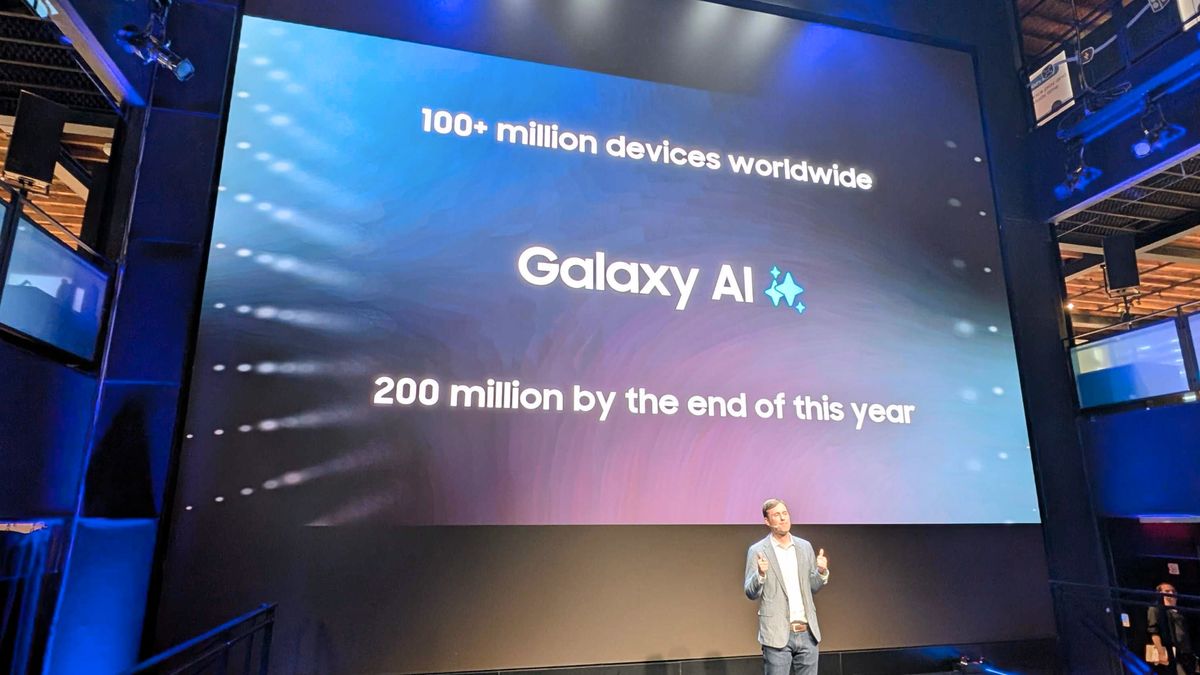A surge in demand for artificial intelligence at Oracle should have a positive effect on Digital Realty Trust , Deutsche Bank said. Analyst Matt Niknam pointed to commentary from Oracle CEO Safra Catz around “exploding AI demand” and “unprecedented” demand for the company’s cloud services. That can “validate optimism” for Digital Realty, which he noted is considered a more controversial stock given concerns around elevated leverage and funding gaps that can hamper new construction for the real estate-focused data center stock. “The intelligence may be artificial, but the demand won’t be,” Niknam said in a note to clients Wednesday. “The bottom line is that customer demand re: AI is becoming increasingly tangible, and is likely to create a significant driver of data center demand in an already tight market (from a vacancy and power perspective) where pricing and yields have already been trending higher.” Niknam has a $112 price target on Digital Realty, which implies shares could rally about 8% from Tuesday’s close. The stock briefly rose as much as 1.8% Wednesday, but has underperformed the broader market so far this year with a 5% year-to-date advance. As a real estate investment trust, Digital Realty also pays a dividend yield of about 4.6%. DLR .SPX YTD mountain Digital Realty vs. the S & P 500 Increased excitement in AI has, in turn, led to heightened interest in data centers. However, many data centers have gone private in recent years, with Niknam noting that today, Digital Realty and Equinix are the only two pure-play data centers left on the market. The impact of AI is tangible. Niknam noted that Oracle’s investments to date have increased annual recurring revenue from Oracle to Digital Realty to $130 million last quarter from $102 million in the first quarter of 2021. Demand is picking up for AI offerings from Digital Realty despite the company not doing much related leasing activity to date, Niknam said. He noted many AI-related conversations with customers have been around training, though it is still considered a meaningful tailwind that can last several years. AI-related workloads for data center companies should require more power and be more computing intensive, he added. — CNBC’s Michael Bloom contributed to this report.
This website uses cookies so that we can provide you with the best user experience possible. Cookie information is stored in your browser and performs functions such as recognising you when you return to our website and helping our team to understand which sections of the website you find most interesting and useful.




















Discussion about this post